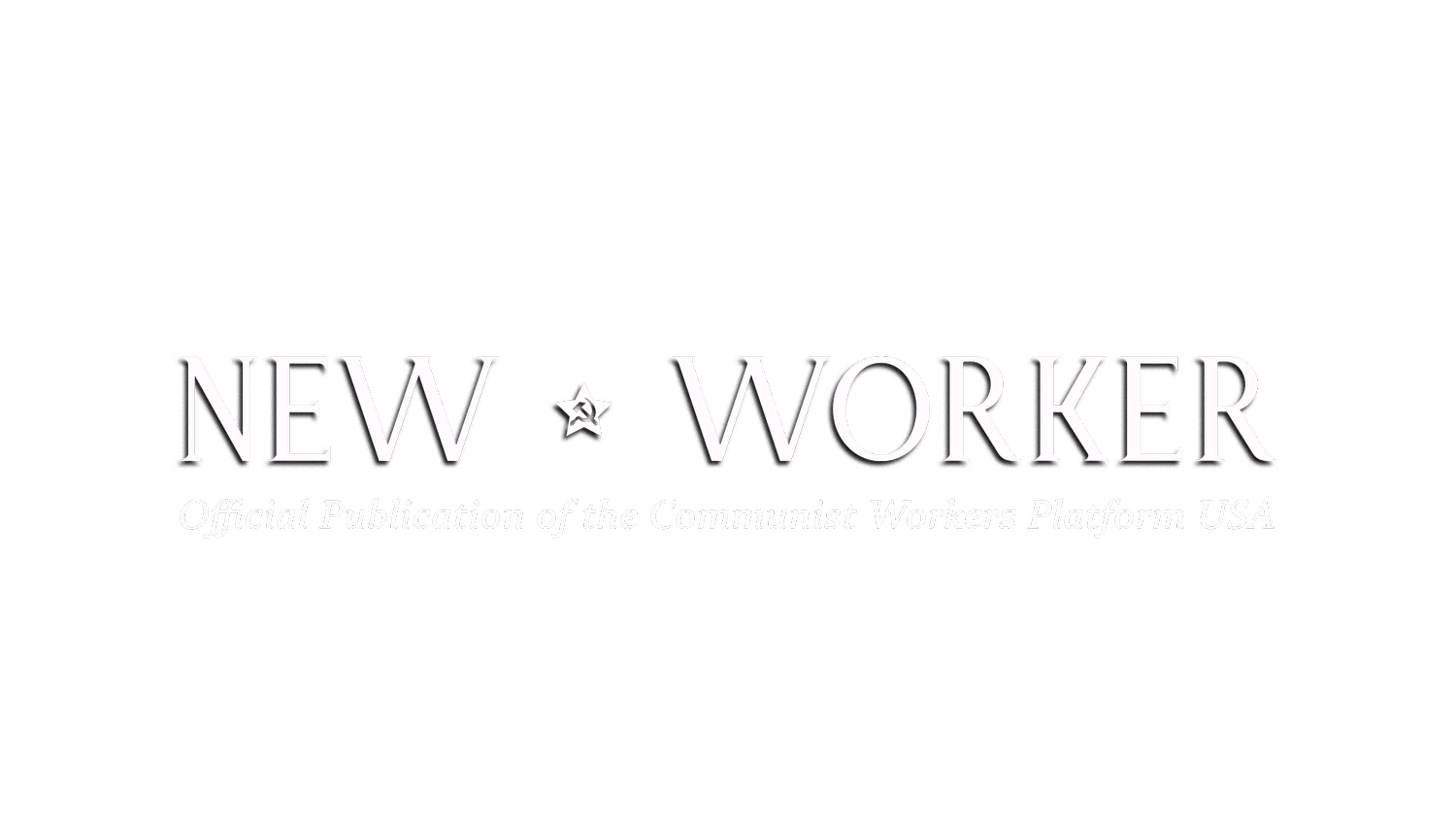CWPUSA Workers and Union Staff Host Talk on US-Cuba Relations in Denver
On March 26, CWPUSA Members in Denver, CO, co-hosted Cuban Ambassador to the U.S., Lianys Torres Rivera, and Second Secretary of Public Affairs, David Ramirez for a groundbreaking solidarity event. It was the first time a Cuban Embassy delegation was invited to speak with workers from the CEA (Colorado Education Association) and COWINS (Colorado WINS) – public sector unions, representing over seventy-thousand workers from across the State, counties, and municipalities. A majority of workers present --- consisting of State workers and teachers --- knew very little about the United State's genocidal blockade against the island, granting the Cuban delegation an opportunity to dispel myths about the country's political system, economic conditions, and expound upon the advanced relationship between unions and the Communist Party in Cuba.
The event was introduced by CWPUSA and members of other organizations, preceded by a brief discussion on the harrowing effects inflicted upon the working people of Cuba by the United State's 63 year-long blockade. Once the floor became open to questions, a Pipe Mechanic CWPUSA Supporter from COWINS asked two insightful questions: (1) What are some of the successes that unions in Cuba have made for the advancement of workers?; And (2) what is May Day and how/why is it celebrated in Cuba? Second Secretary of Public Affairs, David Ramirez, having once held union office in Cuba, explained the stark contrast between the role of unions in the US and Cuba. For one, he explained how labor unions in the US have an antagonistic relationship with the government and their capitalist bosses. However in Cuba, labor unions, their government, and the private/public sector possess a collaborative relationship. David attributes the collaborative relationship between workers and the government to the central role played by the Communist Party of Cuba at the helm of the country's governance. Being part of their unions and the Communist Party, workers perform crucial tasks in the management of resources, wages, and working conditions through their integral role in the political governance of the country. Unlike in the US, where labor unions exercise limited political power, unless needed by the capitalist parties and the bourgeoisie to modify their terms and conditions of exploitation for the rejuvenation of capital.
David emphasized to the crowd that May Day is an integral part of Cuban society and that union membership is not necessarily required, but rather something naturally woven into their culture because the Cuban revolution and its aftermath was to create a worker-run government. Many of the workers in the crowd heard of such a concept for the very first time, which naturally led to many asking: what can we as workers in the U.S. do to elevate the Cuban cause and demand an end to the blockade? Responses to this were limited due to the general constraints that the Cuban diplomats have in being entirely open about giving directives to people in the U.S., but a CWPUSA member spoke to the crowd about the potentiality of withholding labor for an international political cause like the demanding an end to the U.S. Blockade.
Below is the CWPUSA member's opening speech, mentioning our stance on the Cuban revolution to the crowd of union members:
Introduction Speech
Thank you all for joining us this evening. This is a spectacular opportunity to connect with the Cuban struggle and a chance to listen to our wonderful speakers (Madam Ambassador of Cuba to the U.S., Lianys Torres Rivera, and Second Secretary of Public Affairs, David Ramirez). We’ll be discussing the contemporary effects of the U.S.-imposed blockade, which was intensified by Trump and maintained by Biden alike; The country’s designation as a State Sponsor of Terrorism; and an update on the country’s current situation. The goal of this discussion is to stimulate ideas that spur us into action on what we in Denver can do to politically and materially contribute to advancing the cause of the working-class in Cuba and here at home.
We are, of course, in a union hall, in a union building. So, to the union members and organizers in this room, I want to take a moment to reflect on the historical connections between the workers’ struggle in Cuba and the workers’ struggle in the United States. Cuba had a revolution more than 65 years ago, and it's important to note that student unions and worker unions were at the forefront of this revolution that catapulted the working-class struggle toward emancipation through the construction of socialism. Cuba is a product of class struggle and a living, breathing project, attempting to eliminate foreign domination and puppet regimes propped up by the same country that also carries out all-out economic war against our people.
With that being said, many of us here are not your average union members. We are dedicated to progressing our union struggle into something much more militant than what is seen in the U.S. today. I, and many other union folks in this room, are proud and committed members of the Communist Workers’ Platform, which is a party dedicated to upholding the Cuban revolution and standing firmly against the blockade. We want to learn and contribute as much as we can as workers living in the U.S. in aiding and abetting the workers’ struggle on an international level.
This space is meant to not only learn about Cuba, but perhaps contribute to the continuation of its revolution through the solidarity work that we can build here.
